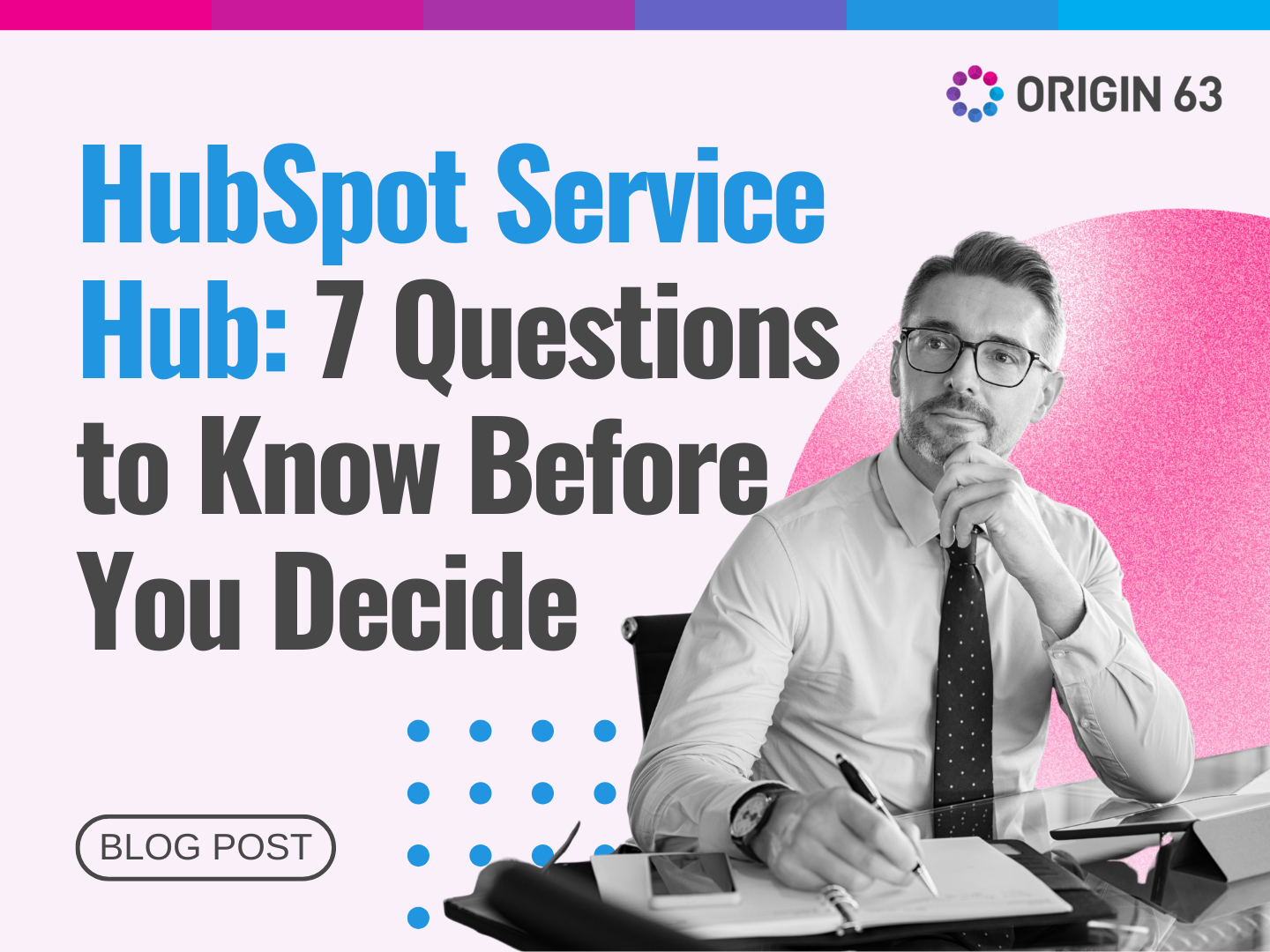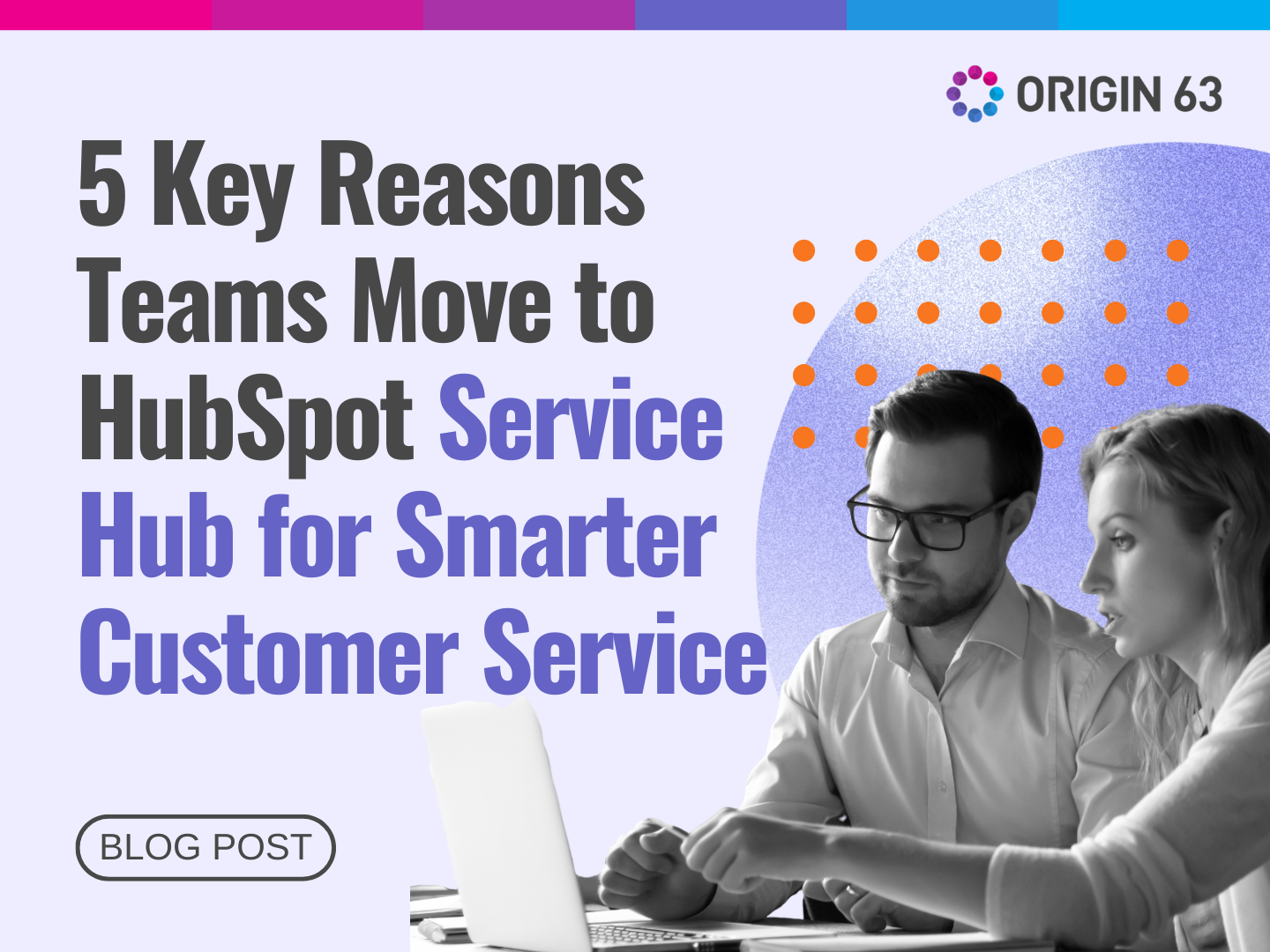At first glance, support and service may seem quite similar. After all, they both involve helping customers and ensuring their needs are met. However, there are important differences in their definitions, goals, and practical applications that businesses need to understand.
Distinguishing between support and service can help you clarify your goals in each area, recognize what support and service reps should do to excel, and understand how they work together to create a superior customer experience.
This post will break down the distinctions between customer support and customer service. By the end, you'll understand each concept's vital role in driving customer satisfaction and loyalty.
What Is Customer Service?

Customer service is a broad term that refers to the advice, assistance, and entire experience you provide to customers before, during, and after they purchase and use your products or services.
Customer support is a part of customer service, focused specifically on assisting customers who need help using your company's products or services.
However, customer service goes beyond support to include other touchpoints like sales, onboarding, follow-ups, feedback collection, and nurturing the overall customer relationship.
What Are Common Customer Service Goals?
Excellent customer service involves being responsive, empathetic, friendly, and going above and beyond to address the customer's needs. It focuses on the customer journey and relationship rather than just individual transactions.
The primary goals of good customer service are:
1. Ensuring Customer Satisfaction and Loyalty
The ultimate aim is to deliver an experience that delights customers so much that they remain loyal, become advocates, and provide repeat business. Satisfied customers are the lifeblood of your company.
2. Resolving Issues or Complaints Effectively
When problems or complaints arise, service teams must address them promptly, politely, and to the customer's full satisfaction. Skillful issue resolution can turn frustration into appreciation.
3. Creating a Positive Brand Perception and Reputation
Each interaction shapes how customers perceive your brand. Consistent, exceptional service elevates your reputation and differentiates you from competitors. It keeps customers trusting and choosing you.
What Do You Need for Quality Customer Service?
The best service teams make an effort to understand each customer's situation and do whatever it takes to ensure their satisfaction.
That includes providing helpful information and guidance, addressing concerns promptly, treating customers with patience and respect, and continuously improving the customer experience.
Here are a few more things you need:
1. Empowered Reps Who Go the Extra Mile
Simply following scripts and procedures is not enough for truly exceptional service. You need to empower your reps with the training, resources, and, most importantly, the autonomy to make judgment calls to go above and beyond when the situation calls for it.
You should give them a degree of flexibility to apply their best judgment instead of being constrained by rigid rules. It's trusting their experience and decision-making to take extraordinary measures like:
- Offering generous compensations or free perks when mistakes occur
- Investing more time than usual to handle complex customer issues personally
- Finding creative solutions to unique customer challenges not covered in training
- Proactively reaching out to customers in difficult situations to provide support
2. Personalized Experiences

Customers want to feel understood and valued as individuals, not treated like numbers. Personalized service achieves this by tailoring every communication and interaction to them specifically.
By capturing and integrating data on things like purchase history, preferences, pain points, stage in their journey, etc., you can customize each touchpoint with:
- Personal greetings using their name and details
- Relevant messaging for their industry/role/use case
- Guided assistance tailored to their current needs and context
- Unique offers or recommendations based on their interests
- A consistent, cohesive experience building rapport
3. Integrated CRM
An integrated CRM centralizes omnichannel customer data, providing a 360-degree view of every interaction, conversation, and touchpoint across the entire customer lifecycle.
It gives reps full context about each customer's journey, so they never have to re-explain or start from scratch. They can pick up wherever the last interaction left off for a cohesive, friction-free experience.
It also allows reps to quickly review contact details, history, preferences, and previous service resolutions — eliminating redundancies and tailoring each response. Teams can collaborate on cases, and handoffs are smooth.
What Is Customer Support?
Customer support refers specifically to the advice and assistance provided to customers actively using a product or service to help resolve their technical issues or troubleshoot problems they are facing.
Support is largely reactive. Customers reach out when they need help with something. Support channels include phone, email, live chat, knowledge bases, and online forums.
Some examples of customer support interactions include:
- Answering technical setup or usage questions
- Troubleshooting error messages or bugs
- Explaining product features and functionality
- Guiding customers through reset or update processes
- Collecting issue details to improve the product
While customer service is focused on the overall relationship, support is more narrowly focused on solving specific technical roadblocks for customers.
What Are Common Customer Support Goals?
Since support is more narrowly focused on the product/service experience, its goals are more specific and tactical than customer service’s broader aims.
It lasers in on the technical facet of the customer journey. Success is measured by trouble-free product usage.
The primary goals of customer support are:
1. Quickly Resolving Customers' Technical Issues
To succeed here, your team should provide fast, accurate assistance so customers can get unblocked and continue deriving full value from your products with as little friction as possible.
2. Ensuring Customers Get Full Value
You want customers to succeed while using your product, and that’s one of the things support is in charge of. Its role is to equip customers with the knowledge to properly utilize all features and capabilities properly, maximizing their investment.
3. Reducing Friction and Frustration in the Customer Experience
Technical roadblocks are a major source of frustration. Responsive support that smoothly resolves issues creates a positive experience.
What Do You Need for Quality Customer Support?
While customer service focuses on the overall experience, customer support is laser-focused on resolving technical product issues quickly and smoothly. To deliver high-quality support, teams require specific tools, processes, and skills:
1. Technical Expertise and Comprehensive Training

Support reps must have an extremely deep, expert-level understanding of your products/services and their underlying technologies.
This comes through extensive training, continuous education on new releases/updates, and knowledge sharing among teams. The more technical competence reps have, the faster they can pinpoint solutions.
2. Patience and Clear Communication
At the same time, support teams must also be patient and clear communicators as they’re on the front lines, assisting customers directly with product issues.
Reps must translate complex technical concepts into easy-to-understand language for customers. They need infinite patience to repeat themselves, ask probing questions, and calmly guide customers through steps.
3. Efficient Ticketing Tool
Support ticketing or case management effectively captures issue details, prioritizes requests, route tickets to the right reps, tracks progress, and reports on metrics. It creates accountability and transparency.
The best tools offer features like automated issue logging, knowledge base integrations, customer visibility into case status, and workflow automation - driving faster resolutions through greater organization and efficiency.
4. Extensive Knowledge Base and Documentation
No support rep can have every single answer memorized. A comprehensive knowledge base lets reps quickly find solutions to even the most niche or complex product issues.
Many companies also make knowledge-base articles available to customers through a self-service support portal. Doing so reduces case volume while empowering customers to find answers independently.
Support vs. Service: What’s the Difference?
While customer support and customer service aim to help customers, they differ in scope, timing, focus, and success measurement.
Scope
Customer support is narrowly focused on resolving technical issues with a product or service, while customer service takes a broader view of the entire customer experience and relationship. It includes activities like onboarding and collecting feedback.
Timing
Support is reactive. Customers reach out to support when they have a problem they need help fixing.
Conversely, service is proactive. Businesses constantly look for ways to improve the customer's overall journey through service.
Focus
Support ensures customers can use the product properly by answering questions and troubleshooting. Service enhances the experience through helpful information, guidance, and addressing concerns.
Metrics
Support's key metrics are resolution times and getting customers unblocked. Service is measured through overall customer satisfaction scores and retention rates.
Here's a quick at-a-glance comparison:
|
Customer Support |
Customer Service |
|
|
Scope |
Technical product assistance |
Overall experience |
|
Timing |
Reactive to customer issues |
Proactive relationship nurturing |
|
Focus |
Unblocking product usage |
Enhancing the customer journey |
|
Metrics |
Resolution times, unblocked customers |
Satisfaction, retention, loyalty |
|
Example Activities |
Troubleshooting, Bug fixes, Knowledge base |
Onboarding, Follow-ups, Feedback collection |
While different, both support and service are crucial for creating happy, loyal customers. Support ensures your customers get value from your product, while service elevates the entire experience around that product.
The Importance of Both Support and Service

While customer support and customer service are distinct concepts, they’re closely intertwined and equally vital for delivering an exceptional customer experience. Neglecting either one can severely undermine your customer relationships and success.
Support ensures your customers can derive maximum value and utilize your product or service to its full potential. However, service is what transforms merely delivering a product into cultivating long-lasting customer loyalty and advocacy.
The two must work hand-in-hand. Support without good service can leave customers feeling their needs were met transactionally but not building any deeper connection to your brand.
Service without solid support means customers may appreciate the attentiveness but grow frustrated if they continually face functionality issues.
The data shows that customers need both. 84% of customers say they want businesses to treat them like people, not numbers. For 60%, fast response times win their loyalty.
Companies that excel at both achieve a powerful one-two punch:
- They provide knowledgeable, responsive support that quickly resolves issues so customers remain unblocked and satisfied with the product experience.
- They also wrap that product experience in a warm blanket of exceptional service — proactively addressing needs, providing advice, and making customers feel valued.
This holistic combination gives customers confidence they made the right purchase decision, reinforces their perception of your brand, and keeps them returning for more.
The most successful companies don't consider support and service separate siloed functions. Instead, they recognize support and service teams must collaborate seamlessly with shared customer information and insights to orchestrate a unified, frictionless experience.
Deliver Exceptional Customer Experiences through Service & Support
Customer support and customer service play pivotal roles in shaping the overall customer experience with your business. While they have distinct goals and focus areas, they must work cohesively to meet customer needs.
Support ensures your customers can get full value from your products by resolving technical issues quickly and smoothly. Service takes a broader approach, enhancing the entire customer journey from initial interest to long-term loyalty.
You should invest in highly skilled support reps to rapidly troubleshoot problems. And empower your service teams to go above and beyond with proactive guidance and personalized attention.
Delivering consistent excellence in both service and support separates mediocre brands from exceptional ones. Make your customers feel heard and valued, and fulfill their needs at every turn to win their lasting business and advocacy.
Team Up with O63 to Unleash Your Customer Support & Service Potential
Are you looking to elevate your customer support and service operations? Partner with Origin 63 to unlock the full potential of the HubSpot Service Hub and empower your teams with the ultimate solution for efficient, customer-centric experiences.
Our team of HubSpot experts will work closely with you to optimize and implement Service Hub, tailoring it to align with your unique needs and processes.
From streamlining case management and automating workflows to leveraging analytics, we'll ensure your support and service teams have the tools to deliver value to your customers.
Partner with Origin 63 today and unlock the transformative power of the HubSpot Service Hub for your business.













.png?width=90&height=90&name=Arrows%20Partner%20Badge-test%20(1).png)

